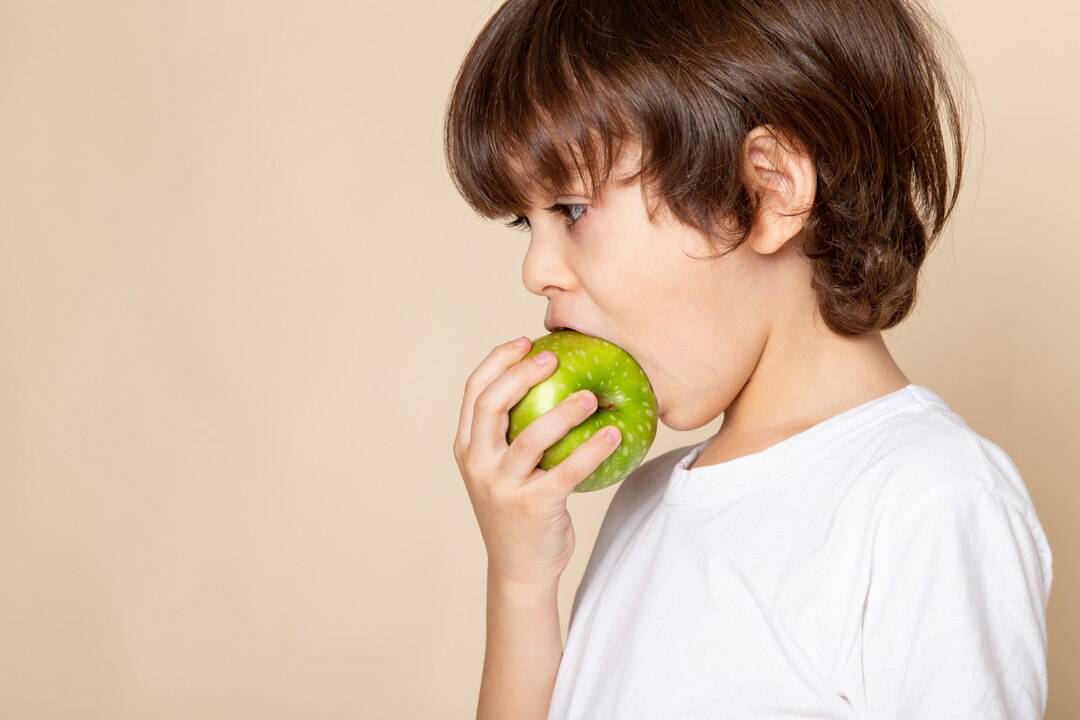Did you know that 60% of elementary school-aged children suffer from tooth decay? Dental care often takes a backseat in terms of attention when you think about your child's health, particularly regarding baby teeth. Supposedly, baby teeth have little value since they will naturally fall out anyway. However, the dental structure and health status of your child depend heavily on the proper functioning of their baby teeth.
This guide discusses the greater importance of pediatric dentistry and small teeth while showing you effective ways to develop oral care routines and providing simple methods to maintain your child’s smile.

Why These Teeth Are MVPs
The baby teeth, which dentists also name primary teeth, function both as guideposts for our future adult teeth and maintain their correct positions. Adult teeth achieve their proper positions through the guide function of baby teeth, which also enables essential functions, including chewing and speaking and maintaining healthy nutrition.
The proper development of the jaws and facial bones depends on the health of the baby teeth. Loss of teeth in the early stages because of dental decay or accidental injuries may result in undesired tooth alignment alongside speech-related complications.
- Permanent teeth need placeholders that guide adult teeth to grow into their proper position.
- The development of speech gets essential support because it helps children produce proper pronunciation and patterns.
- The mandibular functions help a person maintain nutritious eating habits by enabling the proper chewing of food.
Healthy jaw development with symmetrical facial features will occur through the proper influence provided by these teeth. You can schedule an appointment with a Smiles+Grins pediatric dentist to see how your child is progressing and whether you may need future intervention.
Establishing Good Oral Hygiene Habits
It is ideal to begin dental care before any tooth emerges. Using a soft, damp cloth to gently wipe the gums of your baby will help remove bacteria. Start tooth brushing with a soft-bristled toothbrush containing fluoride toothpaste in a rice-grain amount after the initial tooth emerges.
Establishing life-long dental hygiene begins with twice-daily brushing combined with an initial appointment to a pediatric dentist before your child becomes one year old at Smiles and Grins. The early existence of pediatric dentistry requires our necessary understanding because of its vital importance.
Busting the “They’ll Fall Out Anyway” Myth
Many people mistakenly believe baby teeth lack importance since they will eventually fall out, but this belief is mistaken. The infection and decay of baby teeth lead to painful experiences as well as interrupted eating habits and potential destruction of adult teeth currently forming beneath the surface.
Multiple health complications may arise from untreated dental problems because of their necessity for continuous treatment, which is why we should focus on the importance of pediatric dentistry.
Easy Tips for Busy Parents
Oral care duties for your child become challenging during times of stress despite your hectic life. A few simple approaches to kids' dental hygiene will allow dental care to become part of your family’s daily activities easily. A reliable brushing schedule established for children should happen daily at the same time: in the morning after breakfast and in the evening before sleeping.
Children understand what is coming by having routines, which decreases their opposition to the activities.
- Build habits by practicing toothbrushing at the same daily schedule.
- Your child will stay involved by using music or mobile applications and distinctive toothbrushes.
- Establish good oral habits by brushing alongside your child when teaching them proper tooth brushing techniques.
- Small treasures and stickers work as rewards for your child when they practice proper dental care.

Food That Helps
Diet is an essential part of dental hygiene and preventive dental care for kids. Yogurt and cheese are two food products that contain calcium to strengthen dental structures. Both apples and carrots function as natural teeth cleaners that stimulate saliva production to decrease bacteria levels.
Other tooth-friendly foods include:
- Leafy greens refer to the category that includes kale and spinach since both types provide significant vitamins and minerals.
- Taking nuts offers the same health advantages as eating seeds when it comes to delivering important minerals that build up enamel strength.
- B vitamins, along with iron, are present in whole grains in addition to nutritional supplements, which help sustain gum health.
The avoidance of sugar-filled snacks and beverages is essential because tooth decay occurs when these foods enter the scene.
Final Thoughts
Baby teeth create permanent health effects, although they exist for only a short period. Taking dental care to children at a young age creates excellent foundations for their smile health, together with their oral hygiene practices for future life. An appropriate approach to kids' dental hygiene makes dental care into a positive daily routine that brings no stress to your family.





Leave a Reply